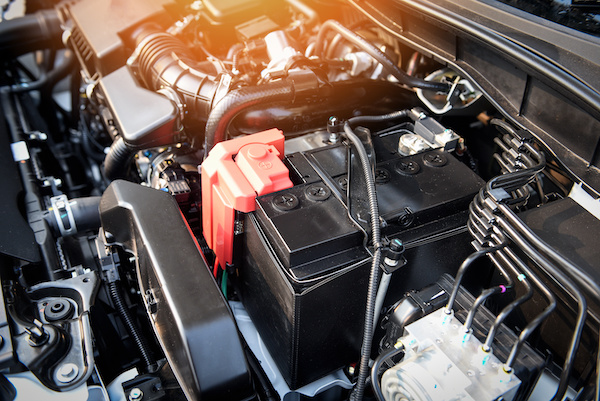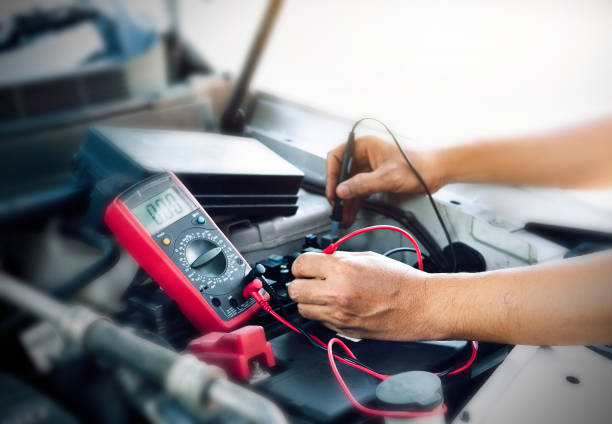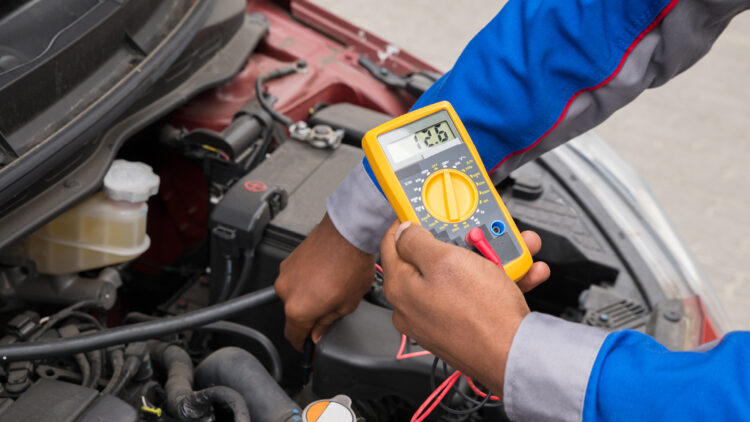Your car’s electrical system is the unsung hero behind the seamless operation of modern vehicles. From starting the engine to powering essential features like lights, wipers, and infotainment systems, the electrical system plays a vital role in both safety and convenience. Regular check-ups are crucial to keep this intricate network functioning optimally and to avoid unexpected breakdowns.
Page Contents
Understanding Your Car’s Electrical System

Source: theautotrends.com
A vehicle’s electrical system consists of three main components: the battery, alternator, and starter. The battery provides the initial power needed to start the engine and operates low-demand systems like interior lights when the engine is off. The starter converts this electrical energy into mechanical energy to crank the engine, while the alternator generates electricity to recharge the battery and power other electrical components while the engine is running.
This system operates on a delicate balance, and any malfunction in one component can lead to cascading failures across the network. Regular maintenance ensures each part functions properly and extends the overall lifespan of your car.
Signs of Electrical System Issues
Difficulty Starting the Car
One of the most common signs of electrical problems is a slow or failed engine start. This could be due to a failing battery, a malfunctioning starter, or poor electrical connections.
Dim or Flickering Lights
If your headlights or interior lights appear dim or flicker, it could indicate an issue with the alternator or a weak battery. Electrical components not receiving consistent power are a sign of trouble.
Blown Fuses
Frequently blown fuses suggest an overloaded electrical circuit or faulty wiring, both of which require immediate attention to prevent further damage.
Malfunctioning Accessories
Issues with your wipers, radio, or air conditioning might indicate a problem within the electrical system, often linked to failing relays or damaged wiring.
Why Regular Electrical Check-Ups Are Important
Prevent Unexpected Breakdowns

Source: istockphoto.com
Electrical problems can strike without warning, leaving you stranded at inconvenient times. Regular check-ups can identify potential issues before they escalate, saving you from costly repairs or unexpected breakdowns.
Ensure System Efficiency
Properly maintained electrical systems improve the efficiency of your car’s performance. From optimising fuel injection systems to ensuring seamless operation of safety features, regular inspections enhance overall vehicle reliability.
Extend Component Lifespan
Components like batteries and alternators wear out over time but can last longer with routine maintenance. For instance, cleaning battery terminals and checking connections can prevent unnecessary replacements.
Sourcing High-Quality Parts for Electrical Repairs
When electrical components require replacement, choosing reliable parts is critical. While some brands offer budget-friendly options, they may lack the durability and performance of premium alternatives. Trusted suppliers provide quality components to keep your system in top shape. If you’re in need of high-quality components, consider sourcing auto electric supplies to ensure your car’s electrical system receives the best care.
Tips for Maintaining Your Electrical System
Inspect the Battery Regularly

Source: peruzzitoyota.com
Routine inspection of the battery is crucial for optimal performance. Look for any signs of corrosion on the terminals, which can interfere with electrical flow. Ensure connections are tight to prevent any power loss or starting issues. It is important to replace old or weak batteries promptly to avoid being stranded with a dead battery.
Check Wiring and Fuses
Regularly inspect the wiring for any damage or wear that could lead to shorts or power failures. Damaged wires can compromise the performance of your vehicle’s electrical system. Additionally, check fuses and replace any blown fuses as needed to avoid further circuit issues and ensure all systems are operating properly.
Test the Alternator and Starter
Testing the alternator and starter is necessary to ensure these components are operating efficiently. The alternator should provide adequate power to recharge the battery and run electrical systems, while the starter must function properly to start the engine reliably. Regular testing can prevent unexpected failures and keep the vehicle running smoothly.
Limit Electrical Load
Be mindful of the electrical load on the vehicle’s system. Avoid using multiple high-demand accessories simultaneously, such as air conditioning, headlights, and audio systems, to reduce strain on the electrical system. This practice will help extend the lifespan of your vehicle’s components and maintain overall performance.
Final Thoughts
Your car’s electrical system is a critical component that deserves regular attention. From powering your vehicle’s essential features to ensuring safety on the road, maintaining this system is key to a smooth driving experience. Regular check-ups can prevent costly repairs, improve efficiency, and extend the life of key components. For reliable repairs and replacements, sourcing from trusted suppliers ensures you have access to top-quality parts to keep your vehicle running smoothly.




